Mental Health and Migration
Mental health is equally important as physical health. Migrant workers frequently encounter a variety of challenges, including social, economic, and environmental factors that can adversely affect their mental well-being. Issues such as separation from loved ones, coping with language barriers, navigating cultural differences, experiencing social inequality, enduring poor working conditions, and facing difficult living situations can lead to feelings of isolation, anxiety, and depression, thereby increasing the risk of developing mental health disorders.
Things You Need to Know About Mental Health
Just like physical health, mental health is crucial for overall well-being.
Everyone can experience mental health challenges, regardless of age, background, or occupation. Taking care of your mental health is essential to leading a fulfilling life.
IT'S OK TO TALK ABOUT IT.
Mental health should not be considered a taboo topic. Discussing feelings, struggles, and experiences with trusted friends, family members, or mental health professionals is essential for maintaining good mental health. Sharing these experiences can help alleviate feelings of isolation.
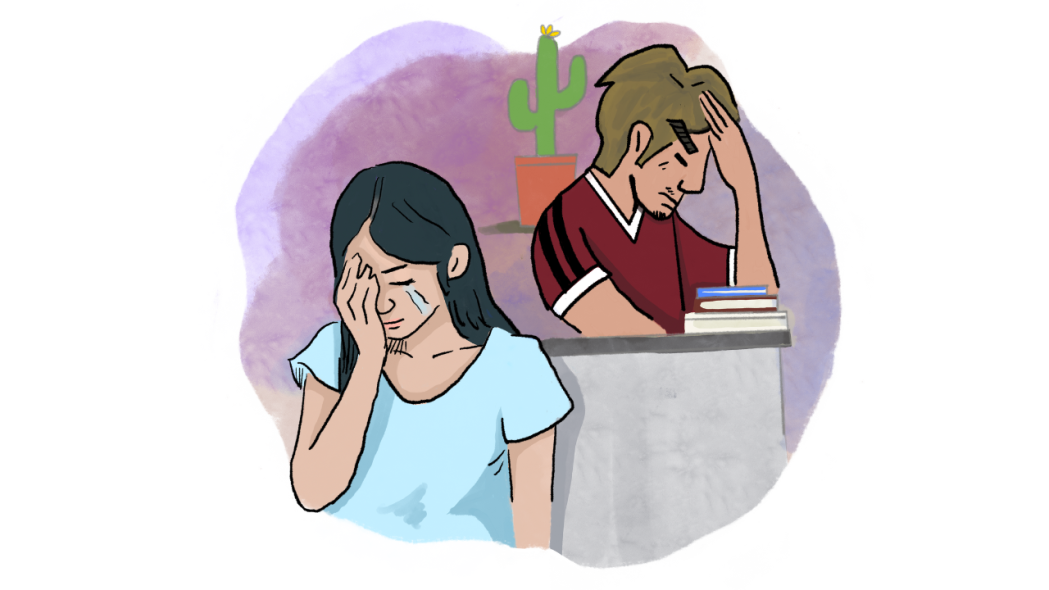
Common Symptoms of Mental Health Issues
-
Feeling very down or hopeless without a clear reason, and having these feelings persist.
- Feeling worthless or overwhelmed with guilt.
- Feeling more anxious or worried about many things than others.
- Feeling that your thoughts are controlled or that you are losing control over them.
- Often feeling angry, frequently crying, or overreacting.
- Extremely fearful—irrational fear or more fear than other people.
- Overly concerned about physical symptoms or appearance.
- Withdrawal from social activities or relationships.
- Changes in appetite or weight, or changes in sleep patterns such as not sleeping enough it oversleeping.
- Anxiety Disorders
Anxiety disorders involve persistent feelings of fear, worry, and tension that can interfere with daily life and overall well-being. These emotions can lead to significant distress and affect an individual's ability to function effectively. There are several types of anxiety disorders, including generalized anxiety disorder, in which individuals experience constant worry; panic disorder, which involves sudden episodes of intense fear (panic attacks); social anxiety disorder, where fear manifests in social situations; and separation anxiety disorder, characterized by an intense fear of being apart from loved ones.
Fortunately, effective psychological treatments are available, and in some cases, medication may also be beneficial, depending on the individual’s age and the severity of the condition.
- Depression
Depression is more than just occasional mood changes or temporary emotional responses to life's challenges. For migrant workers in Taiwan, the pressures of being away from family, adjusting to a new culture, and coping with work-related stress can sometimes lead to depressive episodes. During these episodes, individuals may experience persistent sadness, emptiness, or irritability, and may lose interest in activities they once enjoyed, for most of the day over at least two weeks. Additional symptoms can include difficulty concentrating, overwhelming feelings of guilt or low self-esteem, hopelessness about the future, changes in sleep patterns or appetite, and extreme fatigue. Furthermore, depression significantly increases the risk of suicidal thoughts.
However, assistance is available. Effective psychological treatments can significantly impact an individual's well-being, and in certain cases, medication may also be recommended based on the person's specific needs and the severity of their symptoms.
- Post-Traumatic Stress Disorder (PTSD)
Migrant workers who have experienced traumatic events, either before or during their migration journey, may develop post-traumatic stress disorder (PTSD). This condition involves reliving the traumatic experience through flashbacks, nightmares, and persistent fear, all of which can significantly disrupt daily life. Individuals with PTSD often engage in avoidance behaviors to steer clear of reminders of the trauma and exhibit heightened awareness of potential dangers. Fortunately, PTSD can be effectively treated through therapies that assist workers in regaining a sense of safety and control.
Mental health conditions
What can you do?
Caring for your mental health is essential, especially when facing stressful times. Here are some simple things you can start practing from today:
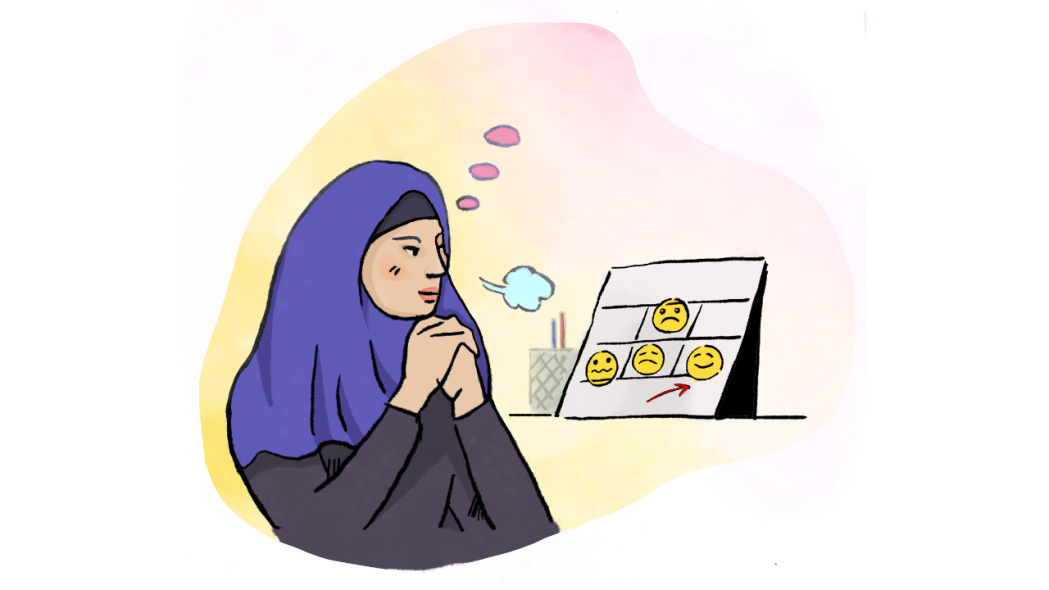
Be Mindful of Your Emotions
Pay attention to your feelings. It is perfectly normal to experience stress, anxiety, or sadness—acknowledging your emotions is the first step toward managing them effectively.
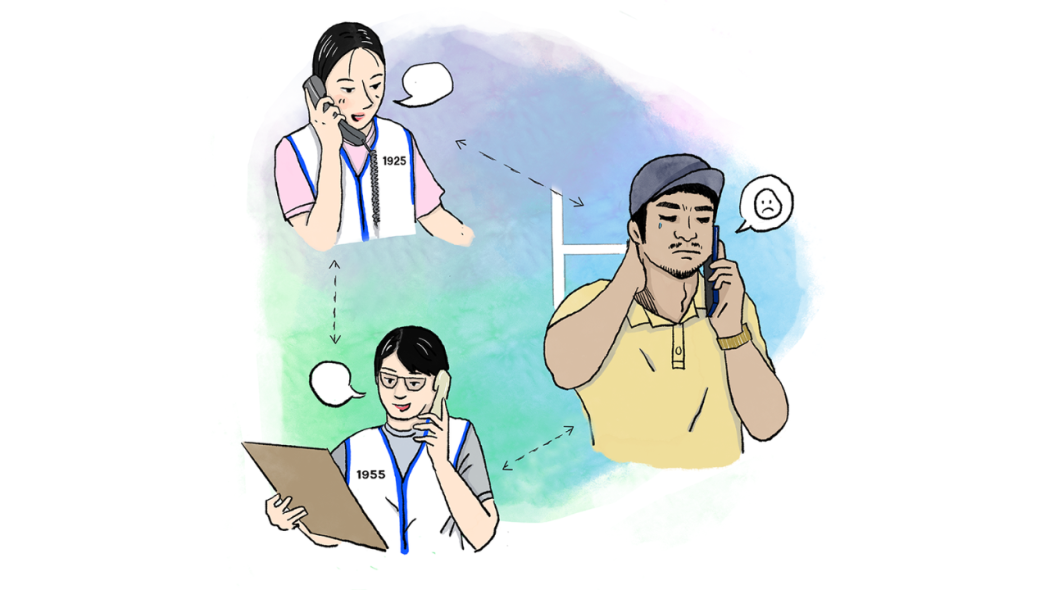
Talk to People You Trust
Opening up to friends, family, or someone you trust can lighten your mental load. You don’t have to go through difficult times alone.
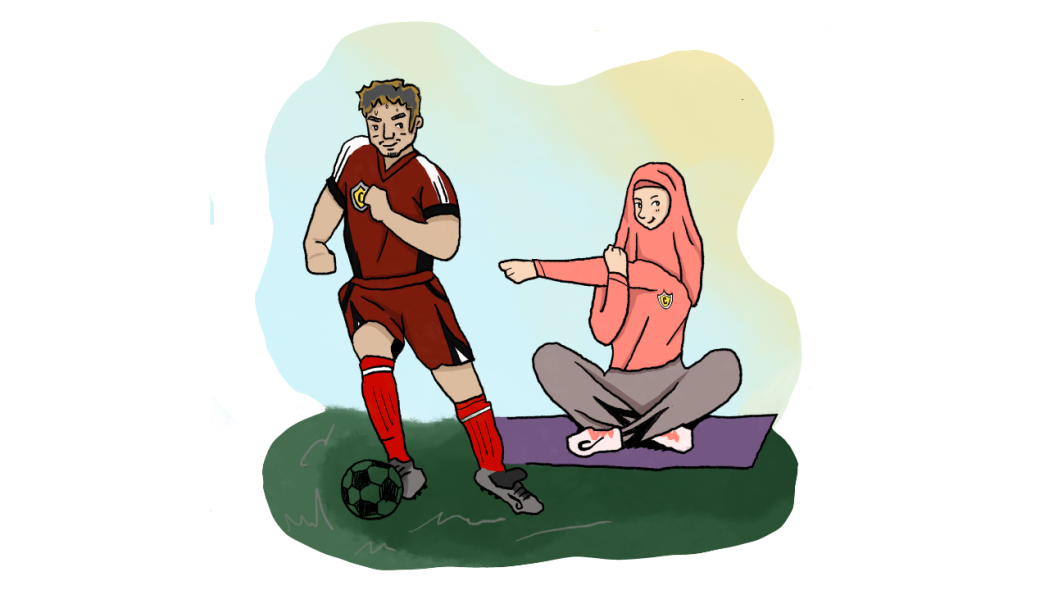
Exercise!
Physical activity, even something as simple as a walk or some stretching exercises, can boost your mood and energy. It’s a great way to release stress.

Find Things to Be Thankful For
Practicing gratitude can shift your mindset. Try to think of one or two things you appreciate each day, no matter how small it is. Mindfulness and gratitude exercises can help you stay centered.
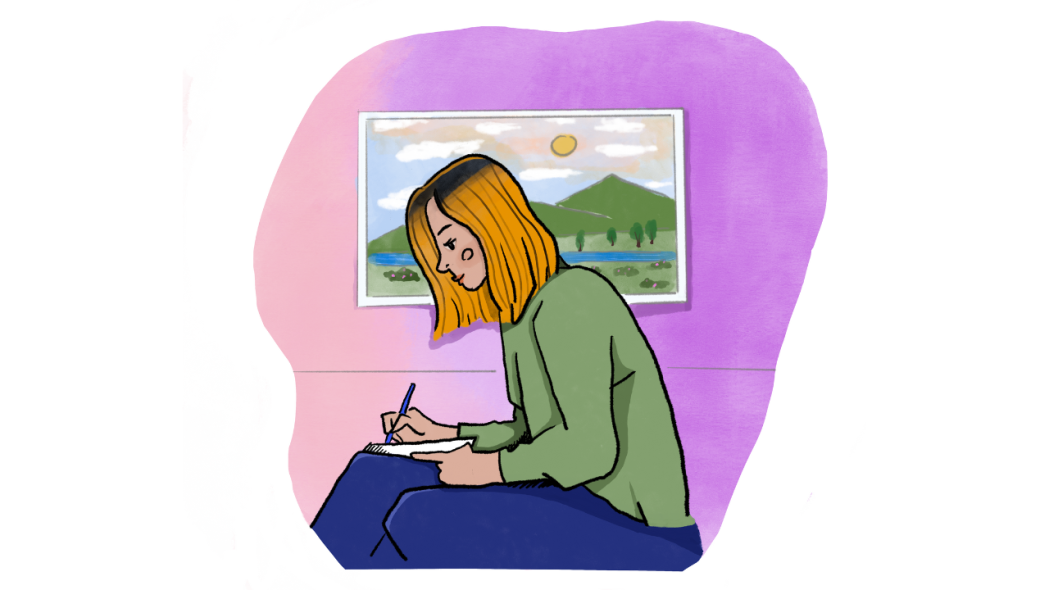
Start a Journal
Writing down your thoughts and feelings can help you process emotions and clear your mind. Journaling is a simple yet powerful tool for self-care and prompts to guide your thoughts.
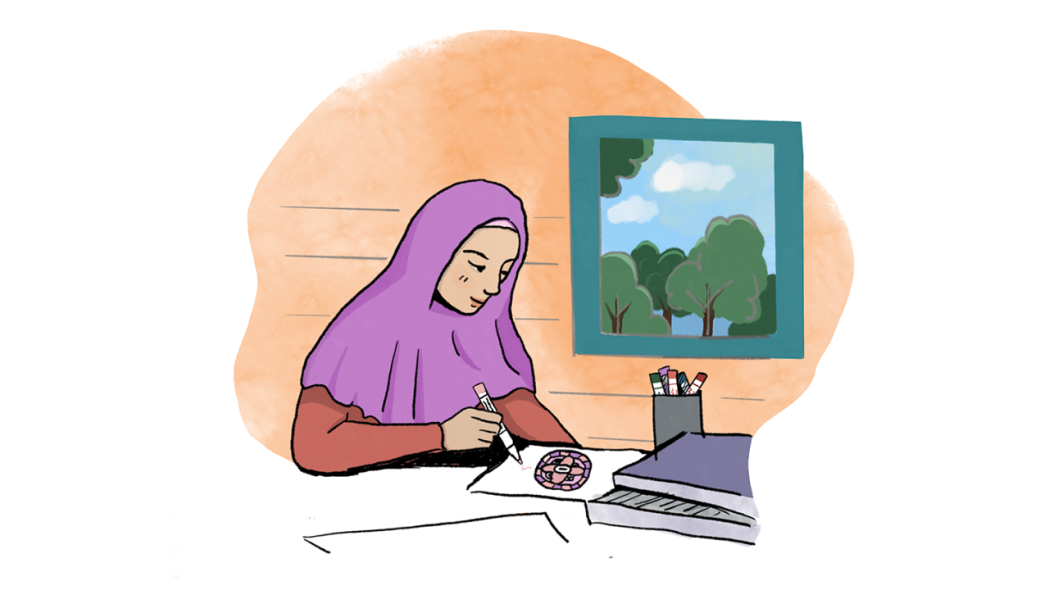
Try Expressing Yourself with Art and Colour
Creative activities like drawing and coloring to express your emotions. Art is a great way to express emotions when words are hard to find. Use drawing, painting, or coloring to let your creativity flow and relieve stress.
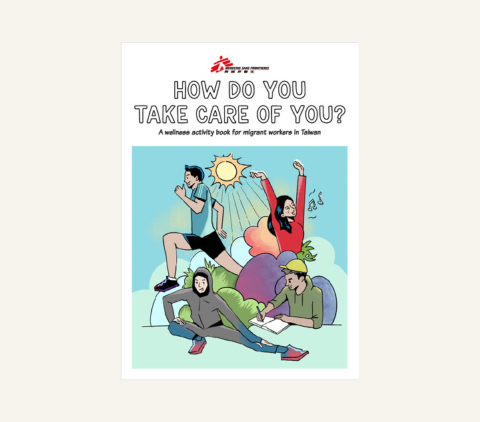
We followed these steps to create a Wellness Activity Book filled with fun and easy-to-follow exercises designed to improve your mental well-being. You can download and print it, or use the examples in the activity book to practice in your own journal!
What not to do
Taking care of your mental health is important, but sometimes we unknowingly do things that make the situation worse. Here are a few things to avoid when dealing with mental health challenges:
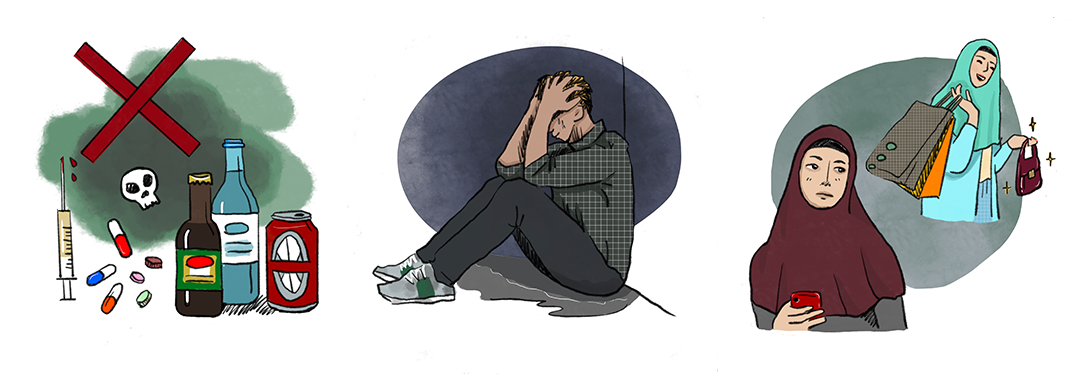
Don’t Rely on Unhealthy Coping Mechanisms.
Turning to alcohol, drugs, or other unhealthy behaviors to deal with stress will only cause more problems in the long run. While these substances may provide temporary relief, they won’t solve the root issue.
Don’t Isolate Yourself
When you’re feeling down, you may want to be alone, but isolating yourself from friends and loved ones may make things worse. Try to stay connected, even if it’s just through a phone call or short messages.
Don’t Compare Yourself to Others
Everyone’s journey is unique. Comparing your situation to others may make you feel worse. Focus on your own well-being, and take small, manageable steps to improve your mood at your own pace.
